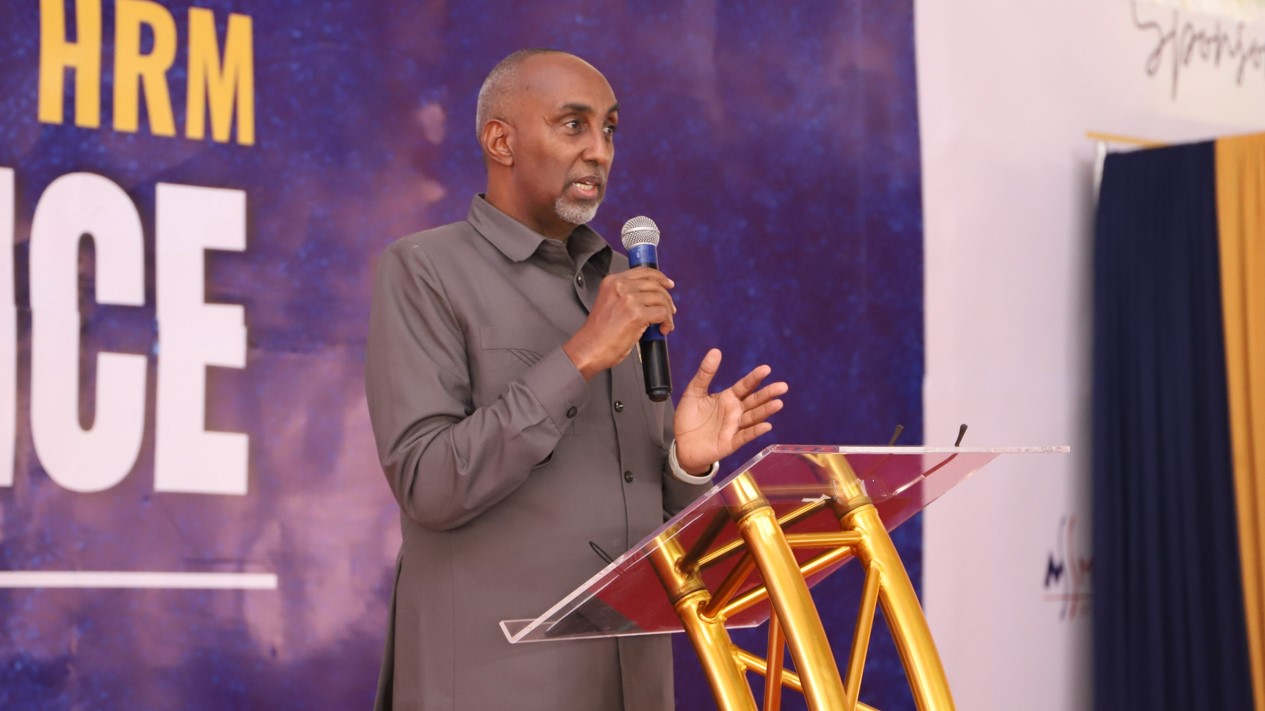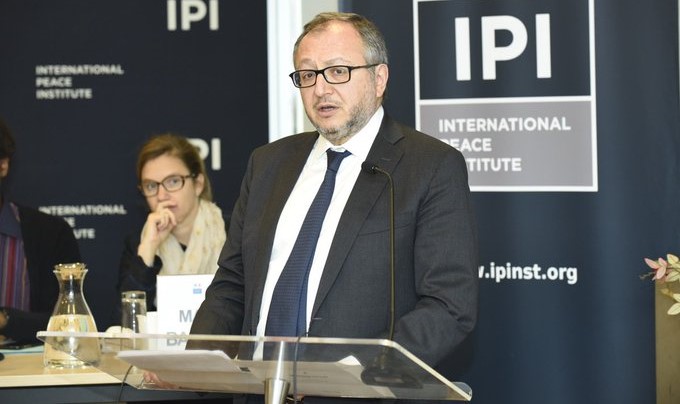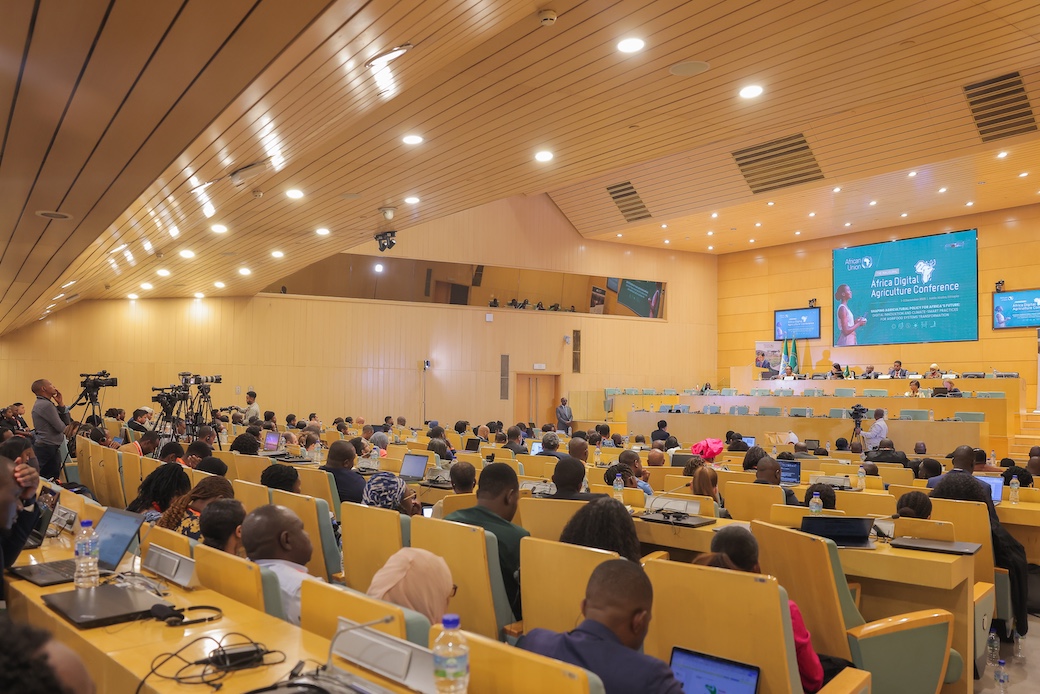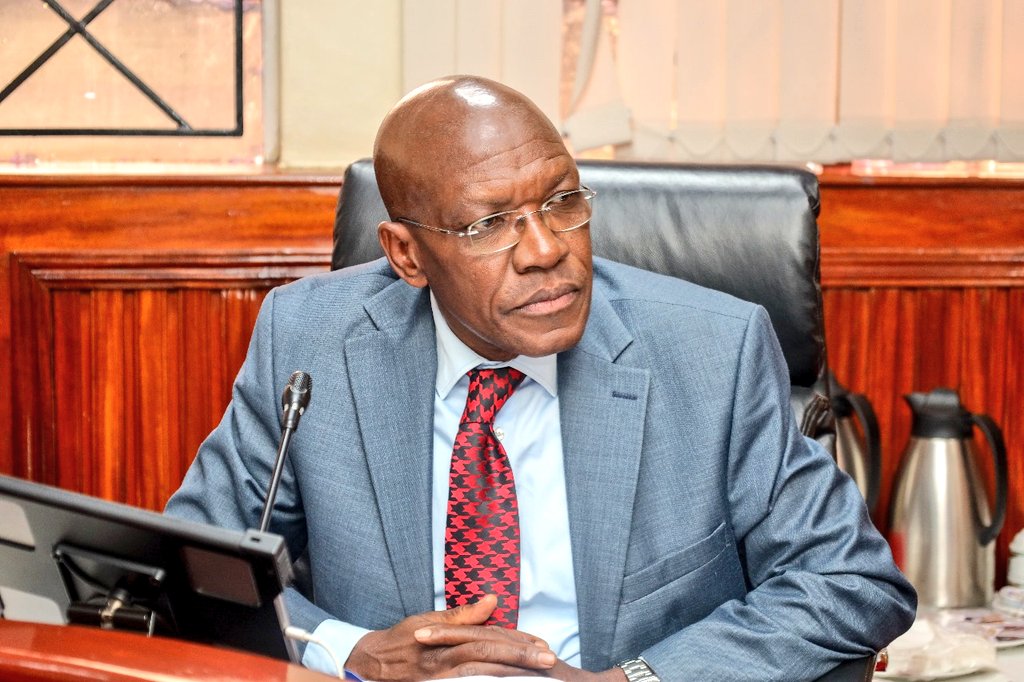EACC recovers Sh28 billion in corruptly acquired assets, pursues Sh50 billion more

The high-stakes session, chaired by Senator Veronica Maina, sought to assess the progress made in combating corruption in light of the Senate's Resolution on the Current State of the Nation.
Ethics and Anti-Corruption Commission (EACC) has traced and recovered corruptly acquired assets estimated at Sh28 billion and is pursuing the forfeiture of assets valued at approximately Sh50 billion.
EACC CEO Abdi Mohamud while speaking before the Senate Justice, Legal Affairs and Human Rights Committee on Thursday, also revealed that the Commission had received 15,000 reports on bribery, corruption, economic crimes, and unethical conduct between 2021 and 2024.
More To Read
- EACC traces Sh22.9 billion, recovers Sh3.4 billion in fight against corruption
- Illegally grabbed Mombasa land to host affordable housing units after EACC recovery
- Only 12 of 58 EACC corruption cases cleared for prosecution by DPP over three-month period
- Outgoing NCIC faces scrutiny over last-minute recruitment of 22 staff
- Anti-Counterfeit Authority chair charged with soliciting Sh5 million bribe to shield businessman
- Public officers face Sh4 million fine or 10-year jail term for missing asset declarations
"EACC remains steadfast in its mandate to prevent and combat corruption. Our recent report submitted to this esteemed committee details the trends in corruption, actions taken, and the challenges we encounter in this crucial fight," stated Abdi.
The high-stakes session, chaired by Senator Veronica Maina, sought to assess the progress made in combating corruption in light of the Senate's Resolution on the Current State of the Nation.
As such, legislators pressed the EACC leadership on its effectiveness in tackling systemic corruption, particularly at the county level, where public procurement and revenue management remain high-risk areas.
Senator Okiya Omtatah raised concerns about the EACC's focus on asset recovery while systemic corruption persists at the devolved government level.
"While the figures on asset recovery are notable, what specific measures is the EACC taking to address the systemic weaknesses in county governments, where our analysis indicates significant corruption risks, particularly in areas like procurement and revenue management?" he posed.
Building on this, Senator Prof. Tom Ojienda pushed for clarity on the legal and political obstacles that hinder the EACC's ability to execute its mandate effectively.
In response, Abdi acknowledged these challenges and outlined ongoing efforts to enhance the legal framework governing anti-corruption measures.
He revealed that the EACC has proposed key legislative reforms, including the fast-tracking of the Conflict of Interest Bill 2023 and the Whistleblower Protection Bill 2023.
According to Abdi, these bills are critical to strengthening legal deterrents against graft and ensuring that whistleblowers are protected from retaliation.
"Addressing the deep-rooted culture of corruption and impunity requires a multi-faceted approach involving not only robust enforcement but also enhanced public education and the promotion of ethical leadership," he noted.
Top Stories Today












































